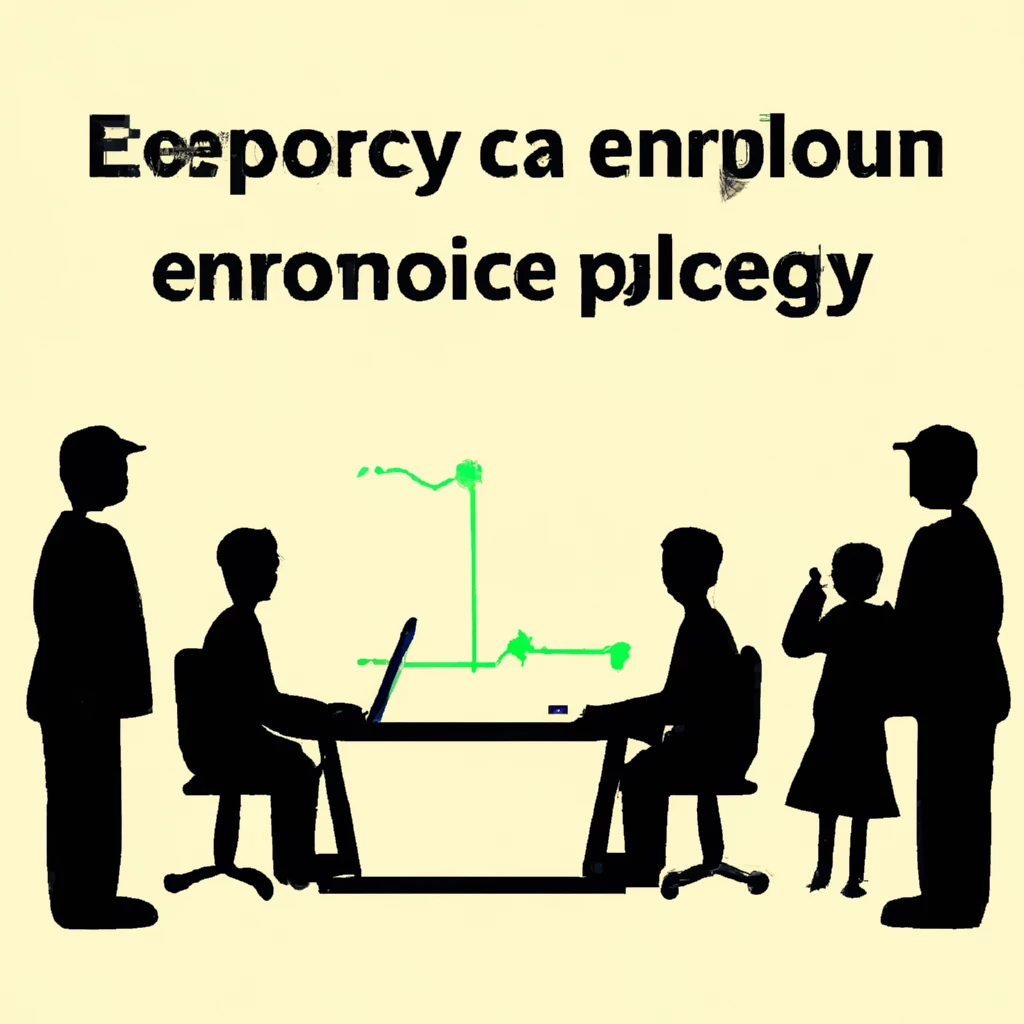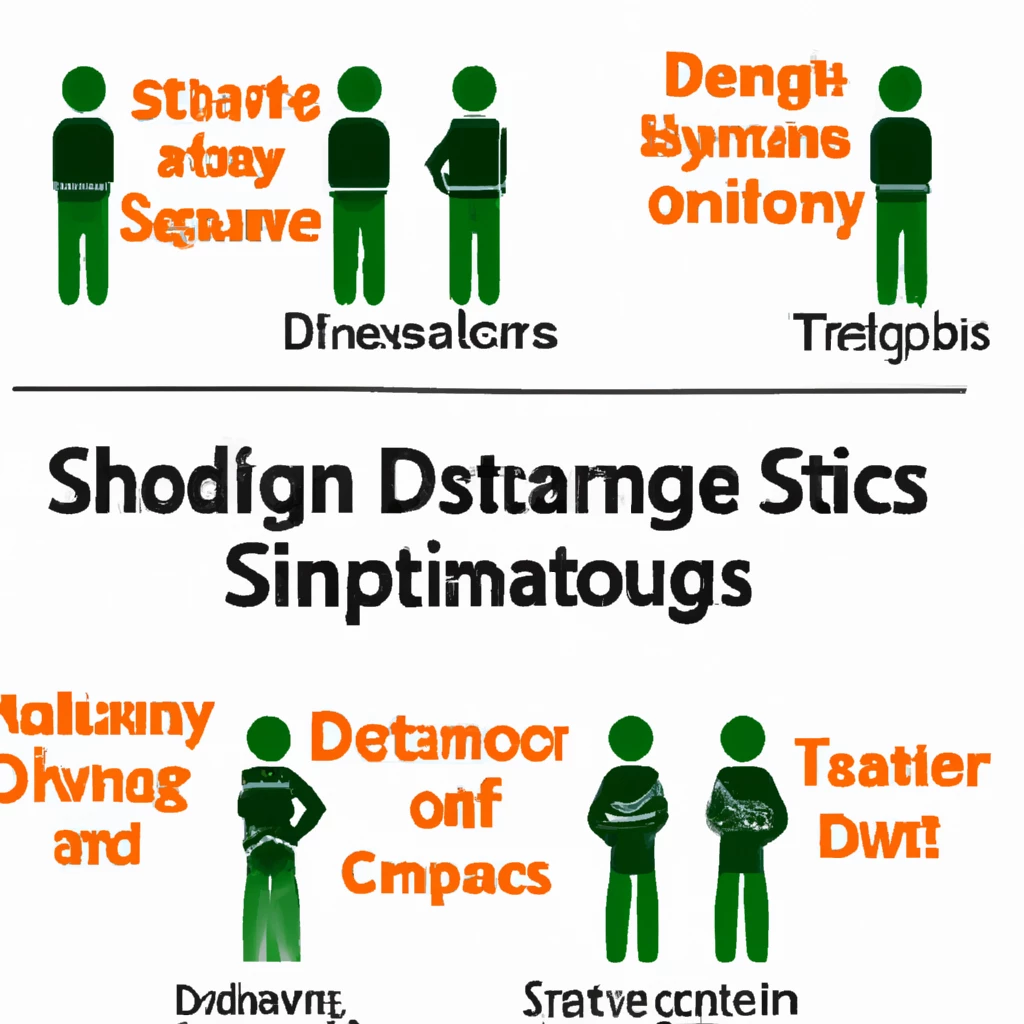
What Is an Introducing Broker?
An introducing broker (IB) is a professional adviser specializing in the futures markets, facilitating trade executions for clients by partnering with futures commission merchants (FCMs). This intermediary maintains a direct relationship with clients while delegating trade executions to FCMs.
Typically employed by firms affiliated with commission merchants, introducing brokers act as essential liaisons in the futures trading landscape.
### Role and Responsibilities of an Introducing Broker (IB)
Introducing brokers serve as middlemen, connecting individuals or companies seeking futures market access with FCMs responsible for trade execution and back-office operations. While IBs provide recommendations, FCMs carry out the actual trades, with both entities sharing fees and commissions.
Like stockbrokers in equities markets, introducing brokers play a crucial role in facilitating trading activities. However, they are regulated by distinct authorities. Stockbrokers fall under the oversight of the SEC and FINRA, while futures introducing brokers adhere to the CFTC and NFA regulations.
### The Relationship Between IBs and FCMs
Primarily focused on customer service, many introducing brokers operate as one-person businesses or larger multi-location entities, delivering localized services on behalf of FCMs. By outsourcing client interactions to IBs, FCMs enhance efficiency within the futures industry.
IBs prioritize client service, allowing FCMs to utilize their infrastructure for trading operations while avoiding substantial overhead costs associated with trade execution and financial management.
### What Is the Futures Market?
The futures market facilitates the buying and selling of derivative financial contracts, enabling traders to purchase or sell specific commodities or financial instruments at predetermined prices and dates. Participants lock in prices, with profits or losses determined by market values at contract maturity.
Futures play a vital role in major physical commodities like crude oil, gold, and wheat, enabling producers and buyers to secure prices in advance. Traders can hedge against potential losses or speculate on commodity price movements. Additionally, futures markets encompass stocks, indexes, currencies, and more.
### Who Needs an Introducing Broker?
Investors interested in futures trading but seeking guidance and expertise often turn to introducing brokers for specialized advice. Given the complex and riskier nature of futures investing compared to stock markets, individuals looking to navigate these markets benefit from the insights and recommendations of an IB.
### How Much Money Do I Need to Trade Futures?
To engage in futures trading, platforms usually require initial deposits ranging from $5,000 to $10,000, along with margin deposits that vary based on the commodity type and contract size. Margin accounts serve as collateral when borrowing funds for trading, but it’s essential to be aware of potential losses.
### The Bottom Line
In essence, introducing brokers fulfill a role similar to stockbrokers in the futures market, maintaining client relationships and providing investment recommendations. While IBs focus on client interactions, FCMs handle actual trade executions, ensuring efficient operations in the futures industry.







